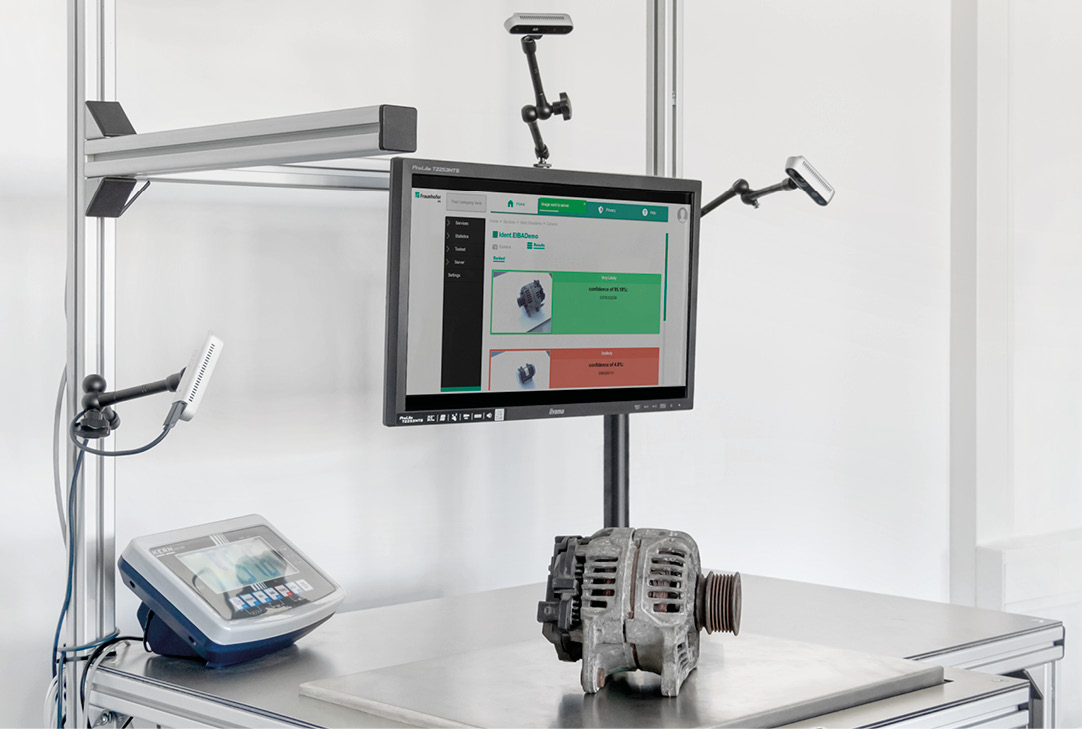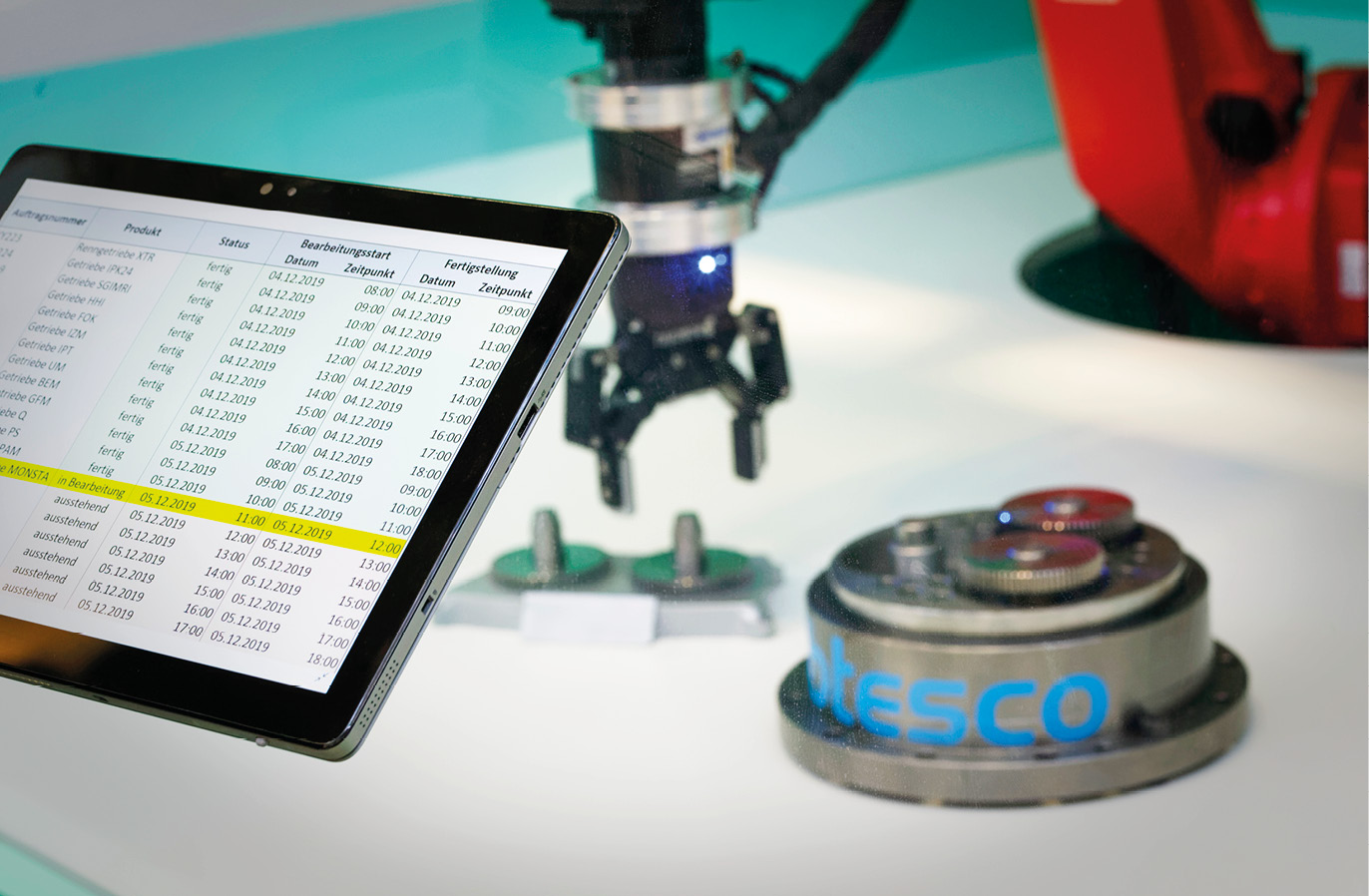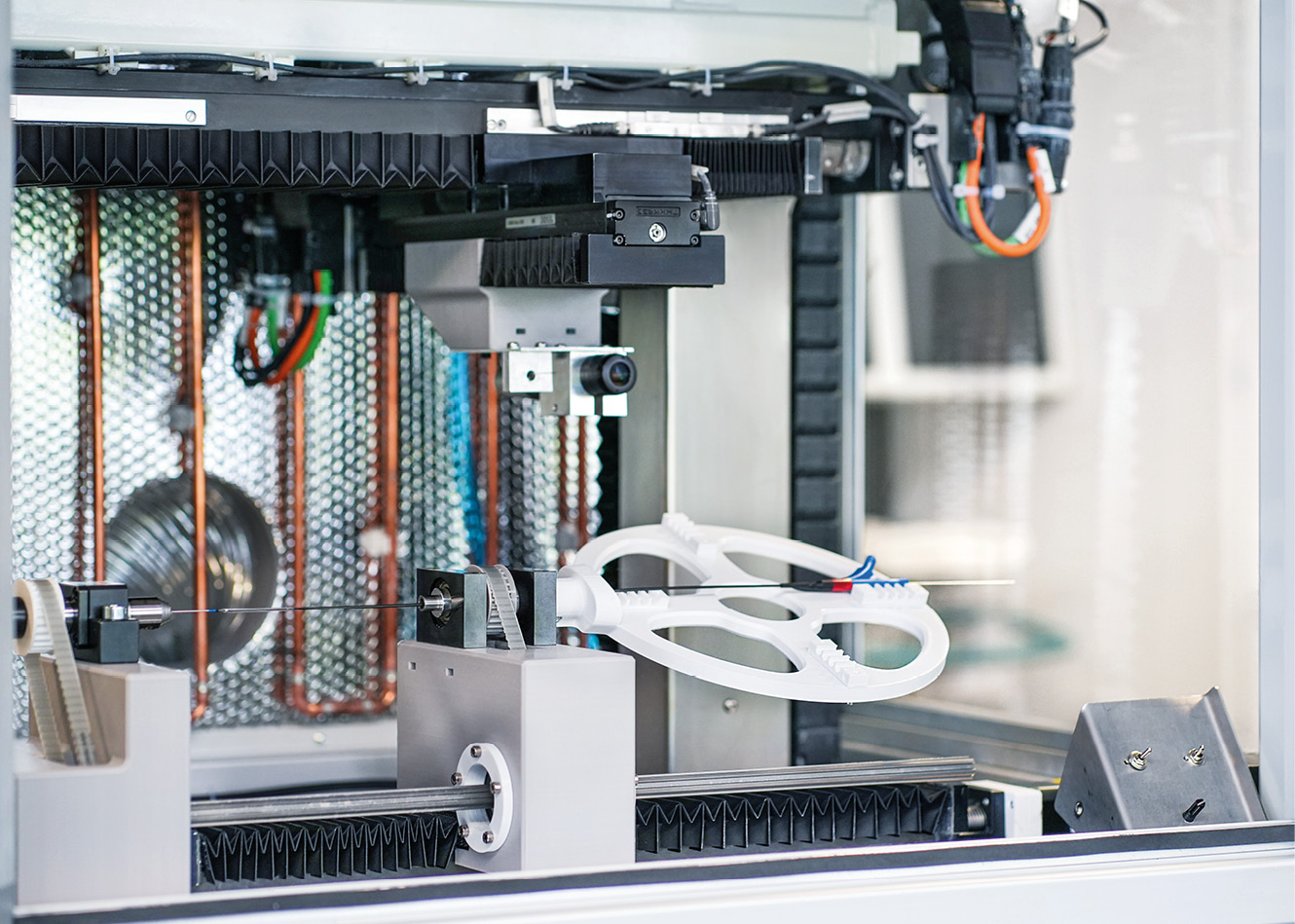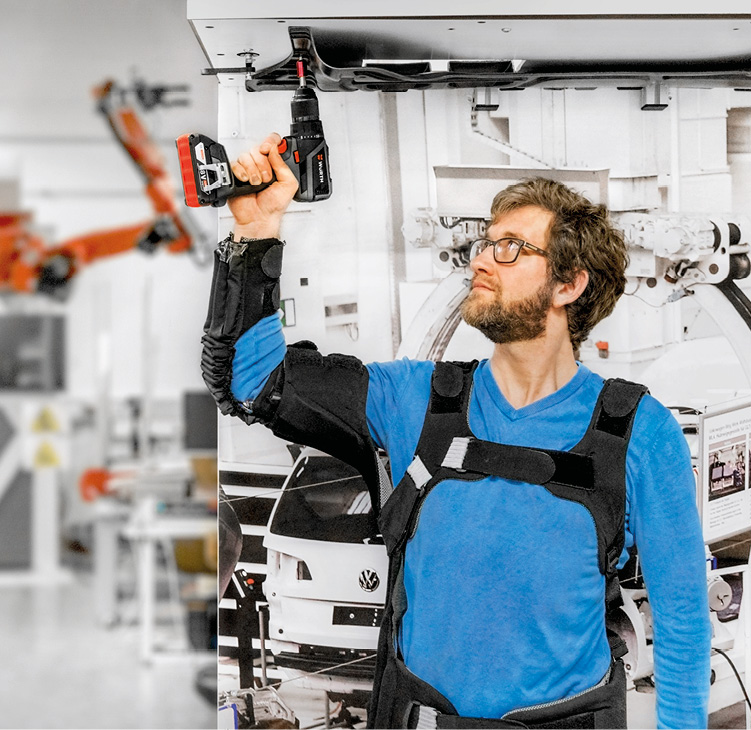If there were an initiative to choose the production word of the year, the current winner would probably be: adaptability. Flexibility combined with a high level of resilience is increasingly becoming a basic requirement for economic existence for manufacturing companies. Without it, not only crisis situations but also everyday customer expectations can hardly be managed. In this context, digitalization and networking are becoming indispensable keys to success. Read more about the current production situation.
We asked our industry partners what specific challenges and needs manufacturing companies will be facing in the next few years. The result: technologies for five topics that will have top priority for us in the coming years.
 Fraunhofer Institute for Production Systems and Design Technology
Fraunhofer Institute for Production Systems and Design Technology




